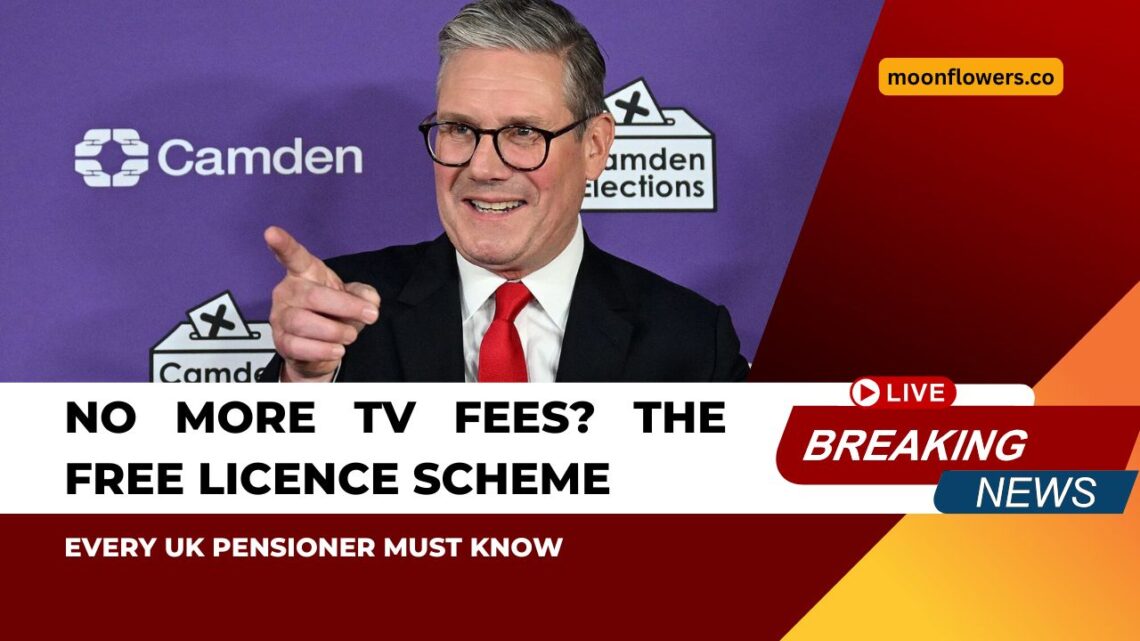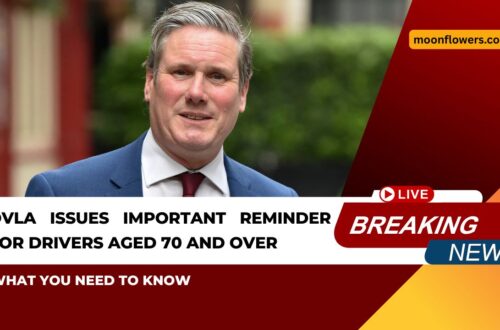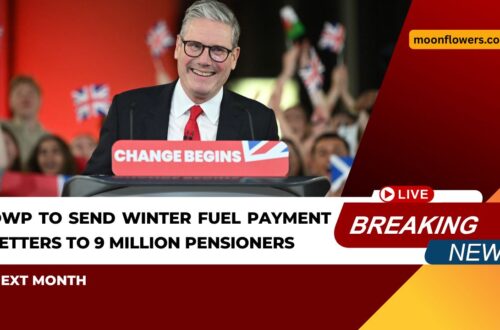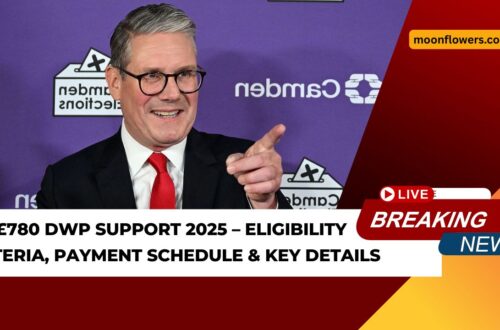For many older people in the UK, television is more than entertainment — it’s a lifeline. It provides news, company, and a vital connection to the outside world.
As of 2025, the annual TV licence fee stands at £169.50, a significant expense for pensioners living on fixed incomes. Failing to pay can lead to fines of up to £1,000, court proceedings, or even imprisonment, making it a serious financial pressure for vulnerable groups.
Why the Free TV Licence Debate Returned
The debate has reignited in 2025 due to soaring energy prices, food costs, and inflation. Charities and campaign groups have argued that TV is a necessity, not a luxury, for older citizens. Political pressure and public demand have pushed the government to reconsider its stance and explore restoring universal free TV licences.
Who Will Qualify Under the Proposed Scheme
If approved, the scheme would give all pensioners aged 75 and above a free licence, whether or not they claim Pension Credit.
Key eligibility points:
- Must be 75 or older
- Must live in a UK household with a qualifying pensioner
- Must provide proof of age and address
- Discussions are ongoing about possibly lowering the age threshold to 65, though this is not confirmed.
The History of Free TV Licences for Pensioners
| Year/Period | Policy | Funding | Eligibility |
|---|---|---|---|
| 2000–2019 | Free TV licences for over-75s | Funded by UK Government | All pensioners 75+ |
| 2019 | Government withdrew funding | BBC took over | Policy under review |
| 2020–2024 | Restricted scheme | BBC-funded | Only pensioners 75+ on Pension Credit |
| 2025 (Proposed) | Universal scheme under discussion | Pending | All pensioners 75+ |
This shift in 2020 meant only those on Pension Credit got free licences, excluding many low-income pensioners who either didn’t qualify or didn’t claim benefits.
How Much Pensioners Could Save
For pensioners living on the basic State Pension of £221.20 per week (about £11,500 per year), saving £169.50 annually is a meaningful relief.
This saving could cover:
- A month’s energy bills
- Several weeks of groceries
- Medical or mobility costs
Though small, the saving would ease pressure for households already cutting back.
Government and BBC Positions
The Department for Culture, Media and Sport (DCMS) has said pensioner support is a top priority, but discussions are ongoing.
- Some MPs want to scrap the TV licence entirely for all households.
- Others want free licences permanently reinstated for pensioners.
The BBC warns funding free licences for all over-75s could cost £700 million annually, potentially forcing cuts to programming, regional news, and staff without government support.
This standoff between the government and the BBC is a major reason pensioners have faced uncertainty for years.
How Pensioners Could Apply
If the scheme is reinstated, applying is expected to be simple:
- Check eligibility – confirm age requirement.
- Apply online or by post through the BBC’s portal.
- Provide proof of age and address (passport, driving licence, etc.).
- Receive confirmation of exemption.
The proposed free TV licence scheme represents more than financial relief — it’s about fairness, dignity, and respect for older citizens. Reintroducing universal free licences could remove one more burden from pensioners already facing rising living costs.
As 2025 progresses, the nation awaits the government’s decision. If approved, this change would help pensioners stay informed, connected, and supported without worrying about one more bill.
FAQs
Who currently qualifies for a free TV licence?
Only pensioners aged 75 or over receiving Pension Credit are currently eligible for a free licence.
How much could pensioners save if the scheme returns?
Each eligible pensioner could save £169.50 annually, easing pressure on households living on fixed incomes.
When will the new scheme be introduced?
The scheme is still under discussion in 2025, with details expected later this year depending on government-BBC agreements.









